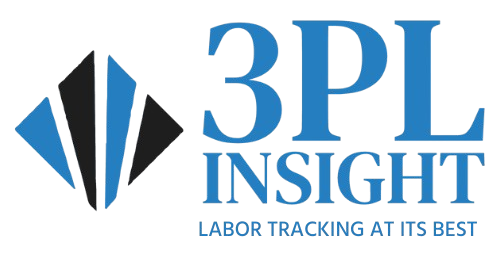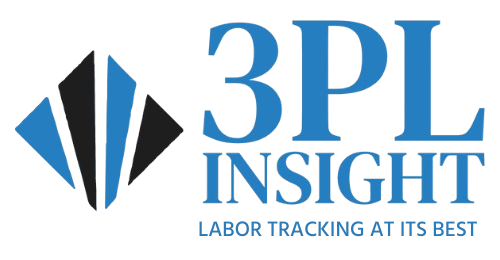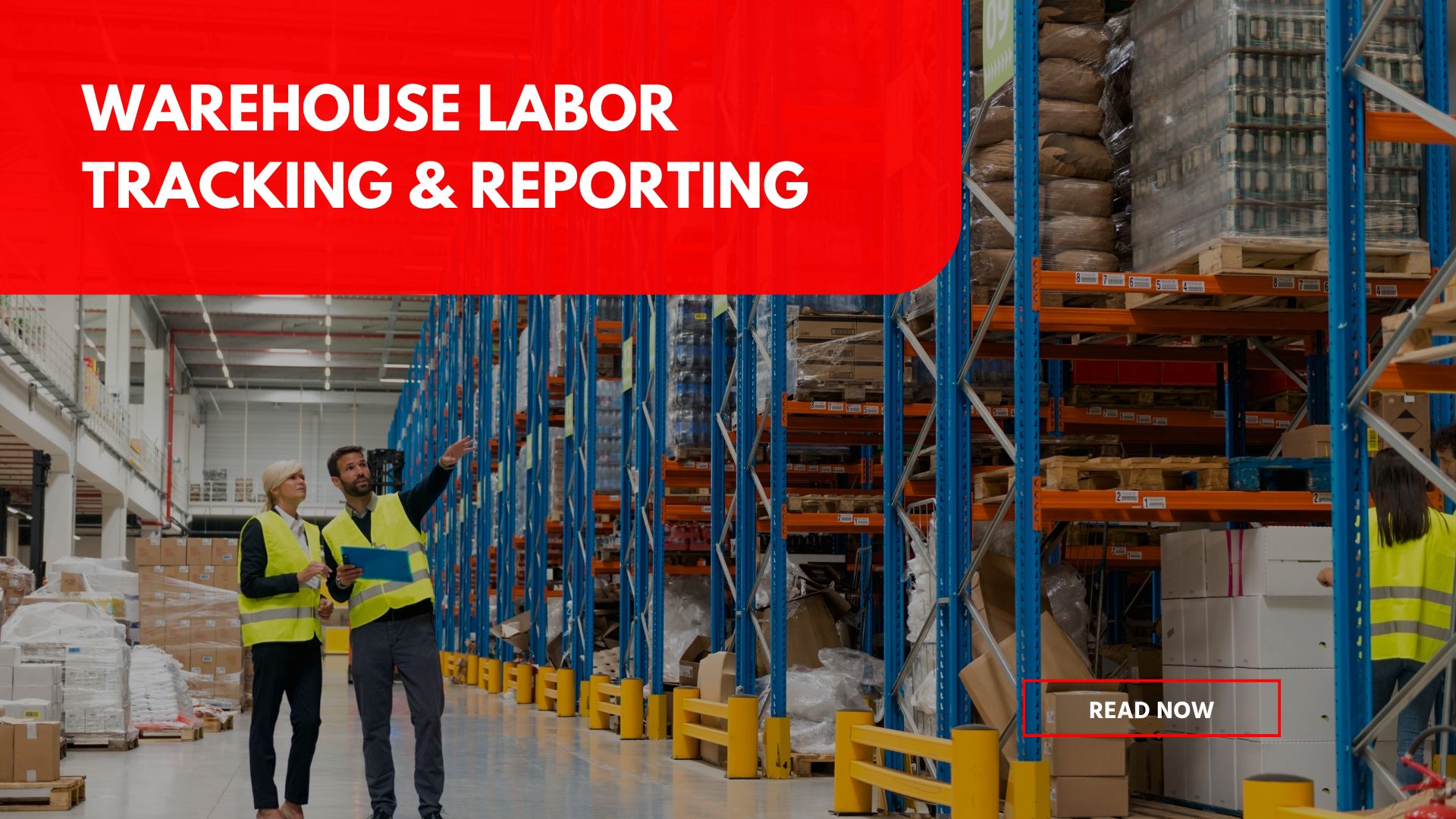Labor often makes up 70–80 % of warehouse operating costs, especially in third‑party logistics (3PL) environments. Without accurate monitoring and reporting, labor becomes a blind spot—inefficiencies, bottlenecks, and missed targets go unnoticed until they eat into profits.
Why It Matters
Precision Cost Control
In 3PL operations, each client’s contracts often include labor-based costing or throughput targets. Without tracking by customer, task, shift, and employee, it’s nearly impossible to allocate costs accurately or verify billing
Real‑Time Visibility & Accountability
Manual methods—clipboards, spreadsheets, memory—don’t keep pace. Real-time dashboards empower supervisors to spot under‑performance, idle labor, or overtime spikes as they happen
Workforce Coaching & Development
When managers can compare individual performance to standards by task or area, they can coach, train, or reward proactively. It turns labor data into actionable insights
Superior Forecasting & Peak‑Season Readiness
Data-driven historic throughput figures allow accurate staffing forecasts. No more guesswork during high-demand events like holiday surges or new client onboarding
Core Features of an Effective Labor Tracking Platform
Task‑Level Time Capture
Systems let employees or crews clock in and out via handhelds, tablets, or kiosks, tagging time to a task, a customer, and an order reference. This granular tracking includes non-machine tasks like packing, relabeling, or VAS (Value‑Added Services).
Real‑Time & Historical Dashboards
Live dashboards allow supervisors to view labor usage, productivity, and cost by zone, shift, or client. Historical reports offer trends for performance evaluation and strategic planning
Standard‑Based Performance Metrics
Systems establish baseline standards (picks/hour, labor cost per order), then measure real performance against them. Alerts help flag significant deviations
Cost Tracking by Activity & Client
LaborTrac Suite and others break down costs by customer and activity (e.g., labeling vs. unloading), empowering accurate job costing. This reveals hidden sinks of inefficiency.
Alerts & Exception Management
Automated warnings notify managers of anomalies—such as excessive downtime or slow tasks—prompting immediate action before costs spiral.
Forecasting & Planning Module
Input projected volumes and let the system estimate required FTEs. That gets labor in place proactively for rush periods or contract ramp-ups
Integrating Labor Tracking With Warehouse Execution
Modern warehouse platforms (like Numina’s RDS WES or 3PL Insight’s system) integrate labor tracking with broader warehouse execution, such as order release, voice- or light-based picking, print‑apply, cartonization, or AMR. This creates an end‑to‑end intelligence loop:
- Standard Setting & Monitoring – track performance in real time.
- Alerts – detect deviations vs. targets.
- Coaching – adjust workforce based on live metrics.
- Automation Triggering – route work to automated station or reduce touches.
- Reporting – share improvement results with operations and clients.
Such systems enabled cases like Rainbow Resource increasing throughput by 70 % with fewer personnel
How to Choose the Right System
| Feature | Why It Matters |
|---|---|
| Task-level tracking & tagging | Ensures accurate cost distribution & KPI measurement |
| Live dashboards + alerts | Enables swift intervention |
| Multi-client cost breakdown | Vital for 3PL billing accuracy |
| Standard-based benchmarking | Supports performance-driven culture |
| Integrations (WMS/WES/WCS/etc.) | Ensures seamless data flow & automation ties |
| Mobile & crew clock-in support | Boosts usability and adoption |
| Advanced reporting & forecasting | Empowers strategic planning and labor budgeting |
ROI You Can Measure
- Up to 70 % reduction in labor cost-per-order in automated deployments
- 20–30 % uplift in pick rates using voice or pick-to-light integrated systems
- Clear, actionable reports for clients, enabling profitable contract renewals
Forecast accuracy, reducing over-staffing and overtime surprises
Conclusion
Warehouse labor tracking and reporting isn’t optional—it’s essential in today’s data-driven 3PL landscape. It:
- Tames labor costs
- Drives productivity
- Delivers accurate client billing
- Boosts workforce engagement
- Fully unlocks automation potential
Solutions like 3PL Insight’s LaborTrac Suite, integrated with warehouse execution ecosystems, transform labor from a vague expense into a measurable, improvable asset—even becoming a competitive differentiator.


